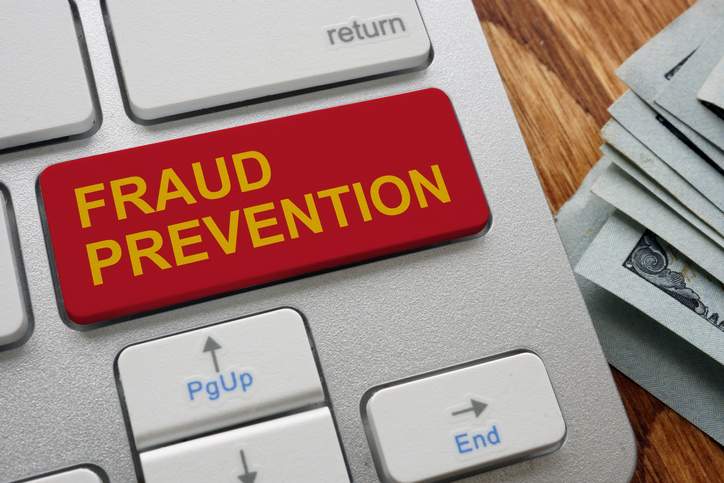The Federal Trade Commission (FTC) estimates that as many as 9 million Americans have their identities stolen each year. Identity thieves use consumers’ information to commit fraud, theft or other crimes. It can destroy a person’s credit and ruin their good name. It can also cost a lot of time and money to fix. 
Skilled identity thieves may use a variety of methods to get hold of your information, including:
Dumpster Diving
They rummage through trash looking for bills or other paper with your personal information on it.
Skimming
They steal credit/debit card numbers by using a special storage device when processing your card.
Phishing
They pretend to be financial institutions or companies and send spam or pop-up messages to get you to reveal your personal information.
Changing Your Address
They divert your billing statements to another location by completing a change of address form.
Old-Fashioned Stealing
They steal wallets and purses; mail, including bank and credit card statements; pre-approved credit offers; and new checks or tax information. They steal personnel records, or bribe employees who have access.
Pre-texting
They use false pretenses to obtain your personal information from financial institutions, telephone companies, and other sources.
Use the following identity theft prevention checklist to keep your identity safe:
- Shred all financial documents and personal information before you throw them away.
- Protect your Social Security number. Don’t carry it with you and give it out only when absolutely necessary.
- Don’t give out personal information over the phone, by mail or over the Internet.
- Never click on links sent in unsolicited emails. Use firewalls, anti-spyware and anti-virus software on your computer.
- Don’t use an obvious password like your birth date or phone number.
- Keep your personal information in a secure location in your home, especially if you have other people living with you or working at your home.
- Switch to paperless statements for all billing to reduce the possibility of mail fraud.
- Inspect your credit report regularly.
- Inspect your statements every month for charges you did not make.
- If you suspect identity theft, place a fraud alert on your credit reports and review your reports carefully for errors.
- Close accounts that have been tampered with.
- Opt out of pre-approved credit card and insurance offers.
- If you find your identity has been stolen, file a police report with your local department and report the theft to the Federal Trade Commission .





